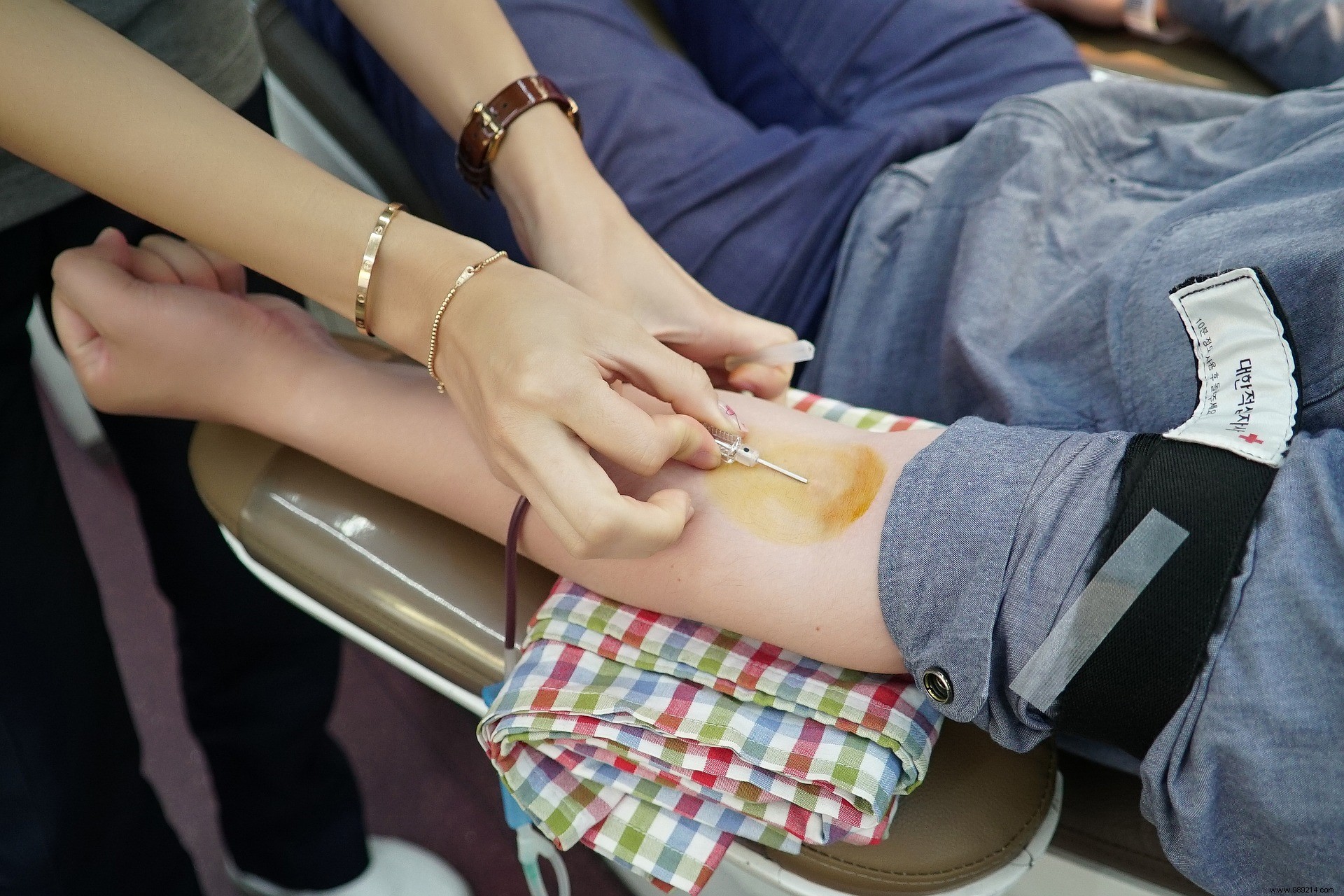Emerging research reveals that altruistic acts can enhance resilience to physical pain.
As Mathieu Ricard notes in his book A Plea for Altruism, "Scientific data collected over the past two decades has shown how love, or the lack thereof, fundamentally alters our physiology and the regulation of a whole set of biochemicals, substances that can even influence how our genes express themselves within our cells."
While altruism demands personal sacrifice, it offers profound health benefits. Prior studies indicate that selfless helping triggers the brain's release of dopamine and other chemicals, boosting well-being.
Now, new findings suggest altruism directly dulls pain perception.
Published in Proceedings of the National Academy of Sciences, this study from Peking University's Behavioral and Mental Health Laboratory involved four rigorous experiments.
In the first, researchers assessed pain responses during blood donations. Those donating post-earthquake reported significantly lower pain from needle pricks compared to donors in normal conditions.
Experiment two exposed participants to cold while helping migrant children revise textbooks. Volunteers endured the chill with less discomfort than non-volunteers.
In the third, cancer patients who cooked and cleaned for fellow patients experienced reduced disease-related pain versus those aiding only themselves.

The final experiment used MRI scans during electric shocks after offering donations to orphans. Donors showed diminished brain activity in pain-response areas, with greater perceived impact of their gift correlating to even less reaction.
The researchers conclude: "We find consistent behavioral and neural evidence that, in physically threatening situations, acting altruistically can alleviate painful feelings in human performers. These findings shed light on the psychological and biological mechanisms underlying human pro-social behavior. They also provide practical information on pain management."
Source
Related articles: